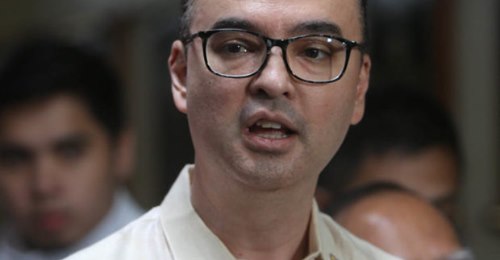MANILA, Philippines — More than 13 months after the 2019 Southeast Asian (SEA) Games in the country, the two nongovernmental organizations (NGOs) tasked with organizing the sports meet has still not liquidated the P2.767 billion taxpayers paid to host the regional event.
State auditors noted that, despite demand letters, the Philippine SEA Games Organizing Committee (Phisgoc) has not accounted for the P2.2 billion in financial aid it received from the government while the Philippine Olympic Committee (POC) has also not yet liquidated P535 million.
“[Financial assistance] released to Phisgoc and POC in 2019 in the total amount of P1,815,169,762.67 [and] P535,413,045.56, respectively … remained unliquidated as of year-end despite completion of the intended purpose,” the Commission on Audit (COA) said in a report.
In addition, the Philippine Sports Commission (PSC) also “granted additional [assistance] to Phisgoc from Jan. 29, 2020, to June 19, 2020, in the total amount of P417,546,728.08 despite nonliquidation of previous assistance, thus further increasing Phisgoc’s unliquidated accounts to P2,232,716,490.75.”
But when the PSC demanded that the two groups submit liquidation reports, Phisgoc replied on June 25 that the PSC should first remit unreleased monies to Phisgoc so that it could settle balances with contractors and suppliers before they submit their fund utilization report.
The COA replied: “It is expected that related expenses were already paid/settled by Phisgoc and POC. As such, there is no reason to wait for the remaining support from the PSC because the same are intended for other purposes.”
State auditors also said they were unable to establish the financial stability of Phisgoc to handle the SEA Games because Phisgoc was only incorporated on July 2, 2018, as a nonstock profit corporation.
‘No intention’
Phisgoc explained that COA Circular No. 2007-001, which governs the auditing of funds released to NGOs and peoples’ organizations, does not apply to a sui generis (unique) event like the 2019 SEA Games.
In addition, the COA noted that the agreement between the PSC and Phisgoc did not specify the sharing of revenues and Phisgoc only remitted P196,806,262 in accommodation collections and broadcast income to the PSC.
Phisgoc explained that there was no sharing provision because it had “no intention of retaining funds or properties obtained in connection with the 30th SEA Games.”
Taguig Rep. Alan Peter Cayetano, who was then Speaker of the House of Representatives, said he would ask the COA to audit public funds used for the Games, while maintaining that all transactions were aboveboard and that he did not receive any kickback as Phisgoc chair.
In its audit, the COA noted that of the P305,117,477.56 in financial assistance released to 51 different national sports associations (NSAs), P256,968,475.84 remain unliquidated as of July 31.
But the NSAs, in their replies to demand letters, cited difficulties in complying with the requirements due to lockdown measures, while 18 NSAs did not even bother to reply to the demand letters.
